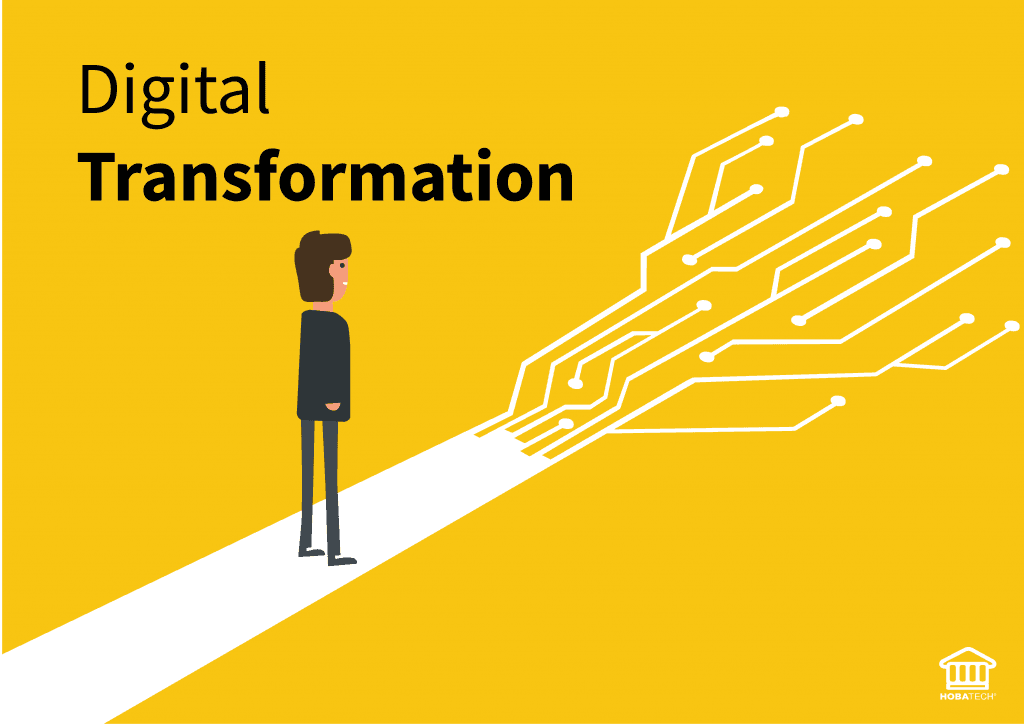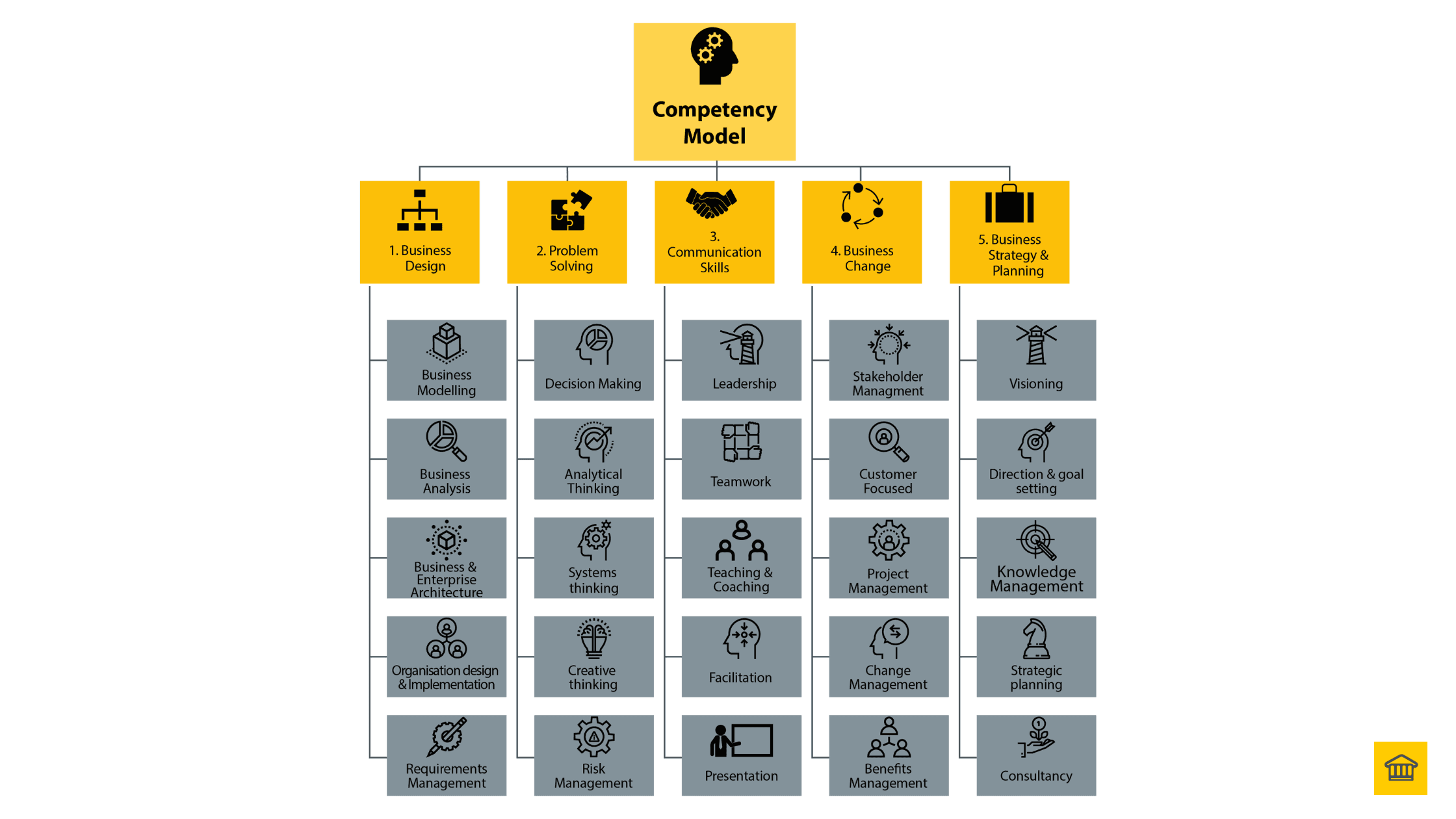
5 Answers to the Most Important Digital Health Question

The digital health industry is currently worth almost $270 billion globally. This number is expected to grow 25% CAGR to about $650 billion by 2025. To say it’s the latest trend, or hot potato, is an understatement. It’s big, and getting bigger by the day!
But what’s the driver? And why should you care?
As this growing market segment grows and continues to grows, there will undoubtedly be successful implementations, and will regrettably, be implementation failures. A lot actually. More failures than successes (70:30 of transformations fail, while only 30% succeed. I wrote about it here).
Part of successful business transformation is addressing what causes transformation programs and projects to fail, and particularly, given the urgency of the ‘burning platform’, asking the right questions of both you, your stakeholders and your transformation.
If you are venturing into digital health, are in it, or interested in it, we will address top 5 questions you need to ask so that you join the top 30 that make your digital health transformation a success, first time, on time. If that’s you, then this post is for you.
First up, so we’re on the same page - what is digital health?
We covered this in a previous post here so I won’t repeat old ground. The summary is essentially ‘hospitals and health organizations are adopting the ‘digital technologies’ for its convenience and efficiency. As stated above, it is one of the fastest-growing markets in the world, and with adaptability comes the opportunity for business transformation consultants.
Give this a read if you want more information on improving consultancy skills.
As with any other transformative technology, there is an element of ‘hype’ that surrounds digital health. The benefits, ease-of-use, efficiency, and convenience that digital health brings for medical practitioners and patients alike, contribute to the hype as well.
Separate the hype from the noise?
People refuse to believe all the good elements of technology because of the hype around it. A perfect example of this is Bitcoin and the hype that always envelops the original digital currency. Institutions and ‘whales’ create hype and take advantage of price manipulation while the individual user suffers. They are conned out of the profits they might have made, if not for the hype.
With all of this misinformation and the popularity of digital health, in order to be successful with your digital health transformation, there are important questions that need to be asked (and answered) to ensure you join the top 30% that succeed with their transformation and not the 70% that fail. We will try to answer the most important ones here.
Heres the top 5 questions:
Note - See if you notice, how much of these questions are to do with ‘technology’ (or not), and are actually to do with the ‘stakeholder’ aka People - which… (funnily or surprisingly enough) are all elements of the 4-causes of transformation program failure - lack of Business User involvement; lack of Senior Leadership support; changing requirements (aka people changed their mind), and incomplete requirements (aka people, didn’t know what they didn’ know.. until they went through this ‘transformation’ journey - led by and with you, they learned more about their own problems, reprioritized what is important to them, and provided new and more information, which changed the solution that addressed them!
Is a Patient's Privacy Secure In Digital Health?
With digital health come the obvious concerns about patient data protection. Governments and organizations have already taken steps (HIPPA in the US and GDPR in Europe) to secure the patient data being collected, but there is still work to be done.
Data breaches in digital health are increasing, as more and more data is being stored online. And the alarming thing is that it’s not only the shadowy hackers that are stealing patient data, there are a number of reports where healthcare employees breach the data of patients. These breaches are often made for personal gain or for ransom demands. The solution is the modernization of laws that protect patients’ privacy.
From restricting access to the data to letting patients control their data, measures have to be taken to ensure that digital health remains secure for everyone.
Your digital health doesn’t work without data. Who owns the data? The Customer.
Your digital health doesn’t work without data. Who owns the data? The Customer.
Heath Gascoigne Tweet
You might be the ‘data custodian’ and ‘data steward’, but the data is the Customer. If you don’t get the stakeholders buy in in the first place to first obtain it, then use it, your transformation is dead in the water before it starts.
Is There A Skills Shortage In Digital Health?
Alongside the major issues like privacy, there is also a skills development problem in digital health. If you look at the front-line health sector workers, management, and administrators, all of these people need to play an important role in the digital transformation of the health sector.
But these position holders are also the ones that lack training in digital applications. Medical practitioners need to be equipped with the knowledge and skills needed for digital data collection and IT based digital health programs. They also need to have the aptitude to effectively train patients and guide them on managing digital health devices for accurate data collection.
Many healthcare professionals still lack the confidence to operate digital devices and they require training from consultants to manage the digital transformation in an effective way.
Many healthcare professionals still lack the confidence to operate digital devices and they require training from consultants to manage the digital transformation in an effective way.
Heath Gascoigne Tweet
This question is addressing the 1st cause of transformation failure - ‘lack of Business User involvement’. Why is that important - despite ‘vendors’ and ‘solution providers’ (and even consultancies) telling you the ‘answers’ from a ‘technology’ perspective, it’s the ‘Business’ (aka Business Stakeholders that know the ‘Business’ best). Ignore them at your peril.
Are There Benefits Of Data Analytics In Digital Health?
Digital health majorly relies on the collection of data - data collected by healthcare professionals and data collected by smart devices. On a larger scale this data is also used to monitor the effects of a particular drug or treatment.
This means that all that data needs to be analyzed by an expert data analyst and medical professionals. The importance of data analytics becomes huge as more and more of it is being collected. The most recent example of this is the recent pandemic and how digital health data helped pharmaceutical companies create vaccines in record time.
If you are implementing a digital health program, what you are doing is creating or enhancing a new business capability - one that will stay with and in the organisation that will either 1) make money for the organisation, or it will 2) cost money for the organisation.
If you do a good job with it however, it will 3) not only make money for the organisation, but 4) be able to picked, used and reused in full or part by other parts of the Organisation, to deliver the same or similar ‘capabilities’ - leveraging off the ‘people, process, technology and data’ aspects you just delivered, enabling the Organisation to standup, execute and implement projects that leverage these capabilities - quicker, cheaper, with less waste, less variability, resulting in faster time-to-value, return-on-investment (ROI) and increased business agility.
To learn more about how to use business capabilities to help with your transformation, check out here.
Will Digital Health Help Provide Better Healthcare?
The popular definition of digital health is that it employs technology to help medical practitioners perform their jobs in a better way. But the concept goes way beyond that.
Digital health includes data collection from multiple points and wearable devices. It employs data analytics and AI (Artificial Intelligence) that can help doctors diagnose patients in a much faster and accurate way.
It also reduces the cost of the healthcare for the patients - with less visits to medical facilities, less tests, and quicker diagnosis time, patients can pay less and receive better care.
The data collected also helps the global healthcare organizations fight outbreaks, pandemics, and other health emergencies in a better way.
The question this answers is WHY?
Remember in digital and business transformation there is two “WHYs” - which is missed by the marketplace today.
The first WHY is the ‘strategic’ WHY, otherwise known as the VISION. This is the true north for your project or program, from the Strategic or Organisation level perspective.
The big 25,000 foot Vision statement that is articulated to the HOW (how are you going to realise that Vision) aka Strategies;
The Objectives (aka the WHAT - what are the outcomes we want to achieve from each strategy); and
Measures (aka the WHEN - when do you plan to achieve those objectives).
What happens next is that ‘25,000 foot’ Vision statement is no longer a ‘throw away’ comment, it’s now grounded in reality, reality determined by the SMART measures!
What is missing is the 2nd WHY - the Operational Benefits. What Business Benefits does the Operations want to realise from this transformation - these are the changes, that realise the pain points the Business is experiencing today.
In digital health - this 2nd WHY - is both for the Business, and the Customer, who will be one of the Beneficiaries of all the changes, however, in order for them to get bought into the picture, you need to ask them (heaven forbid… ask the Customer what they problem is, and propose a solution(s) to them on how you could fix it, as opposed to throw the solution over the fence after you and the program, mostly technology stakeholders, have developed it, and threw it over the fence (almost literally) to the Business, to work out 1) if first they need it and 2) how do they use it.
Read the case study where we helped our Government client get clear on their Vision, Strategies, Objectives and Measures in days, not weeks, that that Vision, and ultimately the TOM that enabled the Division, and Organisation to achieve that Vision, was approved at the Board in record time, and first time any paper or proposal was taken to that board was approved first time, earning the name ‘one-and-done’! Check it out here.
How Can A Consultant Or Consultancy Take Advantage Of The Digital Health Opportunity?
We are in the midst of the digital health revolution, and there are mistakes being made when people are transforming their facilities (read more here on mistakes made during digital health adoption).
This presents a great opportunity for consultants to familiarize themselves with the digital health transformation process and they can help implement new tech and systems at medical facilities in a way that avoids mistakes and maximizes the potential of digital health.
A business transformation consultant or consultancy can glean important information from the answers to the questions above. Healthcare professionals and hospital directors have these questions at the top of their minds whenever digital health is discussed, and they are hesitant to adopt the newer technology because of it. It will be up to you to convince them, and making talking points out of the aforementioned answers will help you go a long way.
By using this information and other resources available on HOBA TECH, one can be ready for all the questions, so the client can be satisfied and start digital health implementation quickly.
HOBA TECH Helps Consultants With Digital Health
We have the perfect resources and courses available for consultants so they can learn the most effective ways to transform business for the better.
We’re always open for a chat! Contact a member of the HOBA TECH team or use the Contact Us form.
Thank you for reading this!
Sincerely,
Heath Gascoigne
P.S. If you want to join our Business Transformator community of like-minded Business Transformators, join the community of over 2,000+ Business Transformators here.
P.P.S. If you want to learn more about business transformation, check out The Business Transformation Playbook here.
For more information, visit https://www.hoba.tech

Heath Gascoigne
Hi, I'm Heath, the founder of HOBA TECH and host of The Business Transformation Podcast. I help Business Transformation Consultants, Business Designers and Business Architects transform their and their clients' business and join the 30% club that succeed.
TRANSFORM YOUR
ORGANIZATION
WITH THIS SIMPLE PROCESS
WE OFFER THE TRAINING FOR PEOPLE TO GO AND LEARN THE SKILLS NEEDED TO ACHIEVE THE SAME RESULTS AS ACHIEVED IN THIS CASE STUDY.

ENJOYING THIS POST?
GET THE NEXT ONE
Subscribe to our newsletter and get the latest insights delivered straight to your inbox.
" Just read: "5 Answers to the Most Important Digital Health Question" - incredible insights on business transformation. 🚀 Check it out here: hoba.tech/blog/5-answers-to-the-most-important-digital-health-question "



